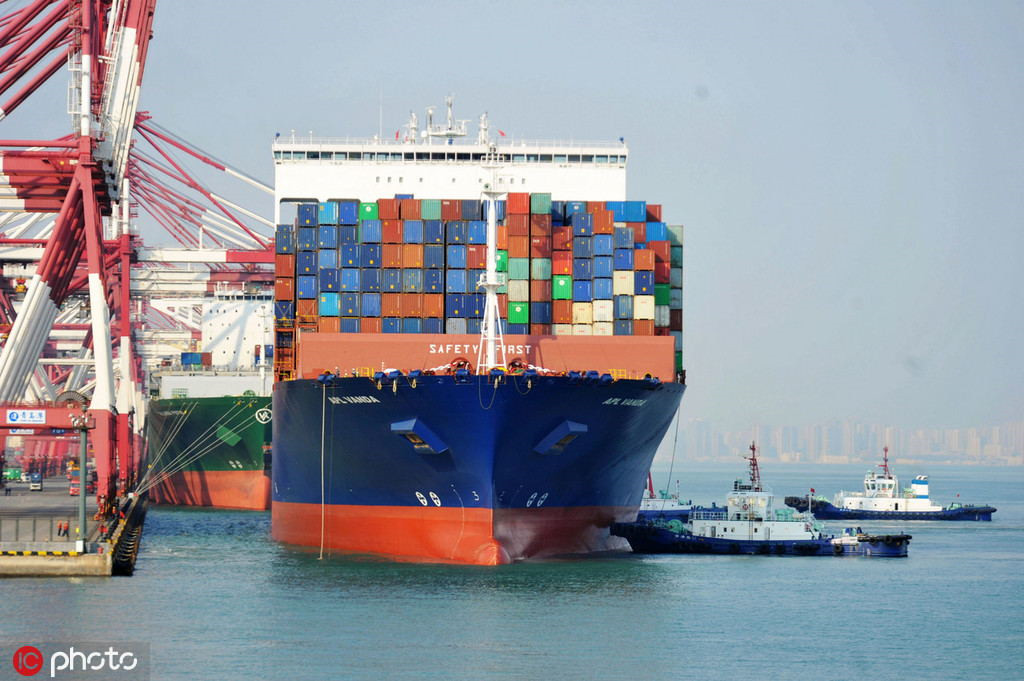Tariffs won't fix US trade deficit: Chilean economist


SANTIAGO - "If the United States wants to fix its trade deficit, it's not going to get it done by raising tariffs," said Chilean economist Osvaldo Rosales.
The United States currently has trade deficits with 101 countries, said Rosales, former head of the International Trade and Integration Division of the UN Economic Commission for Latin America and the Caribbean (ECLAC).
Last year, despite all the measures taken by US President Donald Trump, "the trade deficit grew, reaching record levels, even with China," said Rosales, who is also the former head of International Economic Relations at the Chilean Foreign Ministry.
"A trade deficit is not strictly a trade matter, instead it's a macroeconomic issue," said Rosales. "A country has a trade deficit when its savings are lower than the investment it's making, so it needs 'foreign savings' to finance the gap that it can't finance with domestic savings. And that foreign savings are the trade deficit."
In the latest flare-up of US-China trade tensions, Washington increased additional tariffs on $200 billion worth of Chinese imports from 10 percent to 25 percent earlier this month, and threatened to raise tariffs on more Chinese imports.
These measures do not necessarily translate into the emergence of US industries to supply what were coming from China. Instead, they will lead to higher prices of imported goods in the United States.
"It has always been that way. Those who pay for the tariffs are going to be the US companies that use Chinese parts and inputs or the US consumers who buy the products," said Rosales.
The Organization for Economic Cooperation and Development, a Paris-headquartered intergovernmental economic organization, recently forecast the global trade will increase by just over 2 percent this year, which would be the lowest rate in a decade.
"That is very bad news for the whole world, but especially for developing countries," said Rosales.
"(US) unilateralism harms its own people and roils the global economic system because it legitimizes protectionist measures," he said.
To counter the trend towards protectionism and unilateralism, countries need to champion multilateral policies, Rosales said.
"I think what's essential right now is to preserve and defend multilateralism. It has taken decades to build, it's certainly not perfect, it's very imperfect, but not having a multilateral system is even worse for developing countries," Rosales said.
"We have to defend it; we have to update it; we have to perfect it," he added.




































